Interview with Val Stasik, author of 'Incidental Daughter'
Val Stasik shares a home in eternally sunny Santa Fe, NM, with her aging mixed terrier, Sugar, who allows her to sleep in his queen-size bed as well as sharpen her culinary skills for his benefit. Stasik spent many years as a writing teacher, helping other writers find their voice and tell their stories, and is a consultant for the Northern Virginia Writing Project. INCIDENTAL DAUGHTER is Stasik’s debut novel.
Stasik studied drama and English at the University of Pittsburgh and then transferred to the University of Maryland, College Park, graduating with high honors and a B.S. in Secondary Education, Communication. The year she attended graduate school was filled with student protests, bomb threats, and military helicopters.
Stasik became an editorial assistant for THE PHARMACOLOGIST in Bethesda. She then moved to Harpers Ferry where she taught for five years and participated in the Old Opera House Theatre onstage and behind the scenes.
In Harrisburg, PA, she became a groom and mutuels clerk at Penn National Race Track and, later, a commercial lines underwriter for Pennsylvania National Mutual Casualty Insurance Company. Right before her son was born, Three Mile Island happened. So far, neither glows in the dark.
In Virginia, Stasik enjoyed the enriching experience of teaching writing and literature in the Loudoun County Public School system, instructed other teachers in assessing student writings, and helped develop various English curricula. She also participated in the Fauquier Community Theatre on and off stage. From 2002-2004, she developed a part-time hypnosis practice. She then retired to Santa Fe where she has been writing—a few film scripts that have been produced (Café Destiny, on the Web, Spring 2013, www.cafe-destiny.com) and a couple of award-winning play scripts.
Stasik is currently a member of the New Mexico Book Association, the New Mexico Book Co-Op; Southwest Writers; the Independent Book Publishers Association; the Small Publishers’ Association of North America; the Small Publishers, Artists, and Writers Network; and Pennwriters.
Visit her website at www.ValerieStasik.com.
Q: Welcome
to The Writer's Life! Now that your book
has been published, we’d love to find out more about the process. Can we begin by having you take us at the
beginning? Where did you come up with
the idea to write your book?
Growing up, I learned there were a few of us who might be termed WWII collateral damage—the offspring of women and innocent young men who went off to war. None of these women expected to become mothers; the stresses and uncertainties of war spurred them to compassion for the men who feared they would not return. Some men did not return, but others did. A few mothers, because of a feeling of betrayal or for whatever reason, chose to turn their backs on the men who in one night had drastically changed their lives.Some of the children of these single mothers grew up to live normal lives while others faced challenges that either crippled them or honed them into very successful people. The years following WWII harbored secrecy; many of these children were told their fathers died in the war. When they grew old enough to see through the lie, they could still elicit very little information about their fathers. Such were the times.In Incidental Daughter, I chose to tell the story of one child, Liz Michaels, who overcame her trials with the help of compassionate friends. I decided to explore what might happen if at the peak of her career, she loses a child and her marriage fails. Then I decided to throw in a few curves from the past that could ironically lead to the love and family that has always been out of reach. I’ve been asked if this story is autobiographical. No, it’s pure fiction, but many born into the same circumstances as Liz will see themselves in it and, perhaps, be inspired.
Q: How
hard was it to write a book like this and do you have any tips that you could
pass on which would make the journey easier for other writers?
The analytical left brain (the part I’ve personified as “Lefty”) gets in the way of the early stages of my writing and slows me down. It takes me a long time to get out a first draft because of this interference. There’s a time for Lefty in the later stages of the writing process when analysis helps weed out what gets in the way of the plot and pacing and what needs to be added or changed. What I found helped was to ignore my detailed outline and focus on detailing characters. I would recommend going with a rough outline; know how you want to start, how you want to end (which will likely change), and the key scene where things change. Detail your characters and even interview them.
Q: Who
is your publisher and how did you find them or did you self-publish?
There is a revolution happening in publishing these days that gives an author more creative control and bigger royalties—self-publishing. I chose to self-publish under my own imprint. I found the process quite challenging and would not recommend it to every author. I had the support of an exceptional critique group, beta readers, editing help, and used a print-on-demand company that was best for me (CreateSpace). I also enjoy the graphic side of the process and was able to create my own cover and design the interior myself. The real work, however, is promoting the novel. It’s as much work as writing the book. I find, though, that other authors who have gone the traditional route or hired PR people if they’ve self-published are doing as much as I am and are not as happy with the results. I have enjoyed every stage of writing and publishing—learning all the aspects of publishing, developing new skills, and sharing my knowledge with fellow authors. I will definitely continue self-publishing.
Q: Is
there anything that surprised you about getting your first book published?
I kept expecting it to be more difficult than it was because of other authors’ experiences with uploading their manuscripts. I experienced no problems with the print or ebook version.
Q:
Can you describe the feeling when you saw your published book for the first
time?
I felt a deep sense of pleasure and satisfaction very similar to what a mother might feel upon seeing her newborn. I also hoped that readers would enjoy my creation.
Q:
What other books (if any) are you working on and when will they be published?
Most people would say I’m shooting myself in the foot with my next project and that I should continue to build my platform by writing in the same genre. However, true to my habit of rebelling against expectations, my next novel will be a young adult science fiction novel, working title Catching Air. Young Chet Hain, saddled with phobias because of a car accident that took the lives of his older brother and later his father when they were driving him to a skateboarding contest, must, seven years later, deal with the mystery of who is watching his home. His discovery of the mystery watcher leads him into a world where appearances are not what they seem, where a powerful and dangerous conspiracy continually strives to derail research and development into free energy. I expect to have it out by the end of 2014. There will likely be a sequel to this book.
Q:
Fun question: How does your book contribute to making this world a better place?
Many people who have been born out of wedlock may find the protagonist in my book inspiring. Her story may help them regard their issues in a different light and perhaps bring them peace.
Q:
Finally, what message (if any) are you trying to get across with your book?
People do the best with what they know at the time, and fear is the root of all evil.
Q: Thank
you again for this interview! Do you
have any final words?
Visit me at





















































































































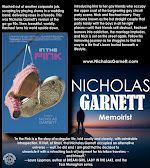


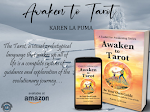
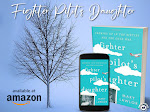
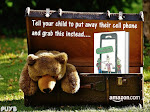
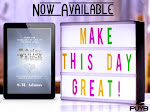


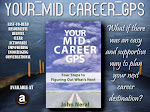
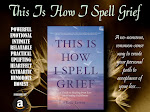
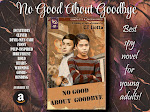

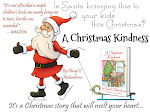
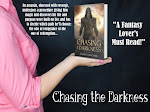
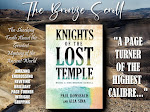


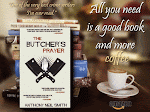
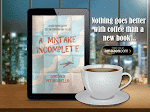
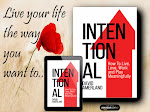
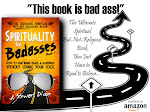

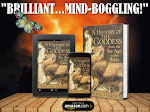

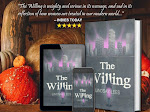
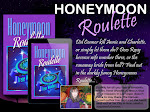
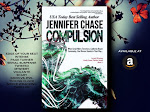
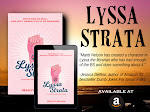
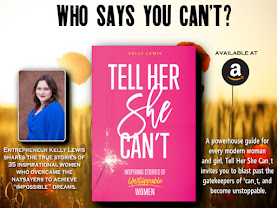









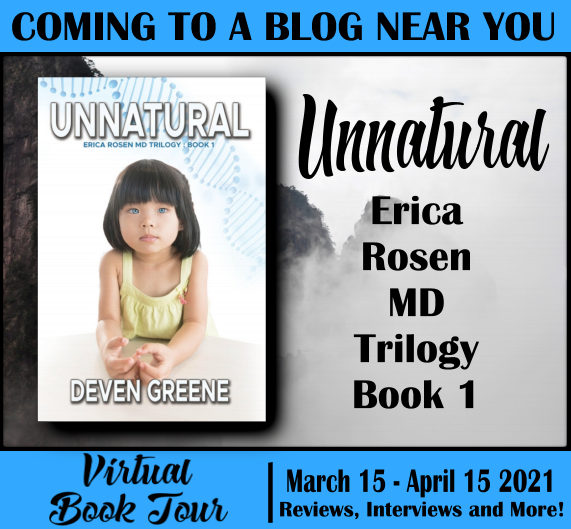

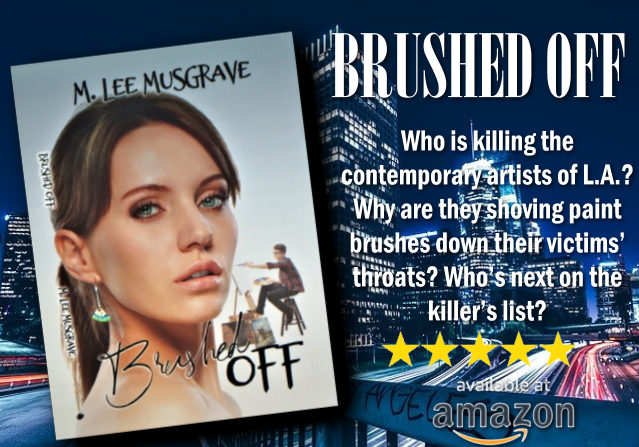


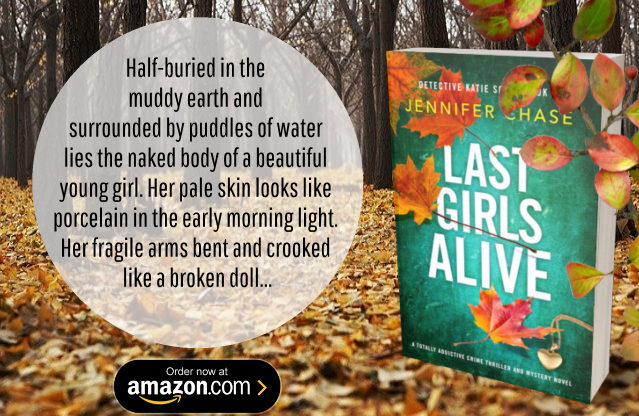
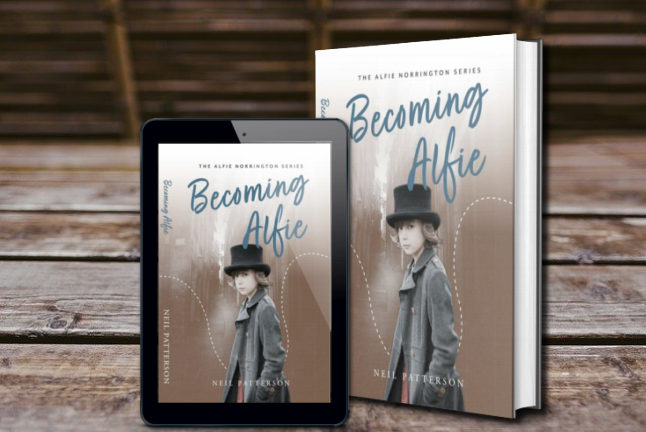
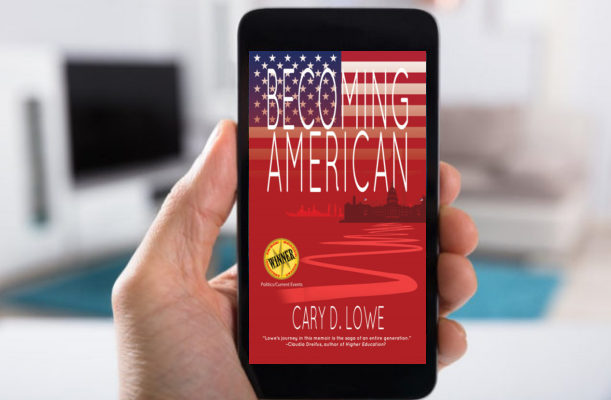

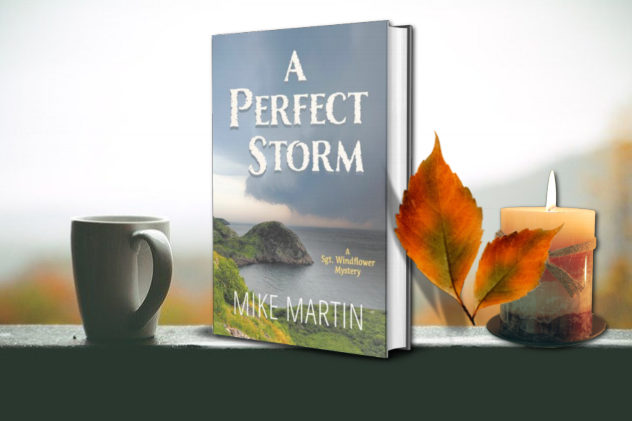
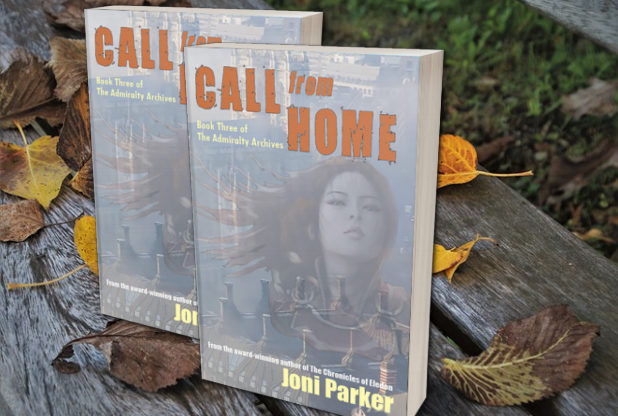
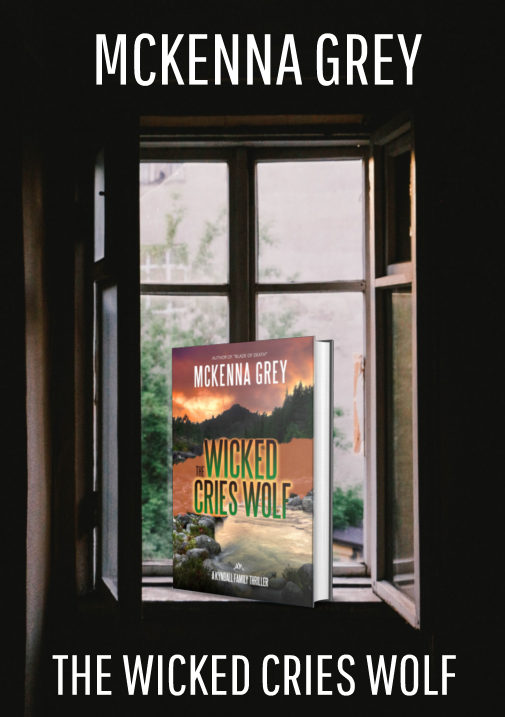


Leave a Comment